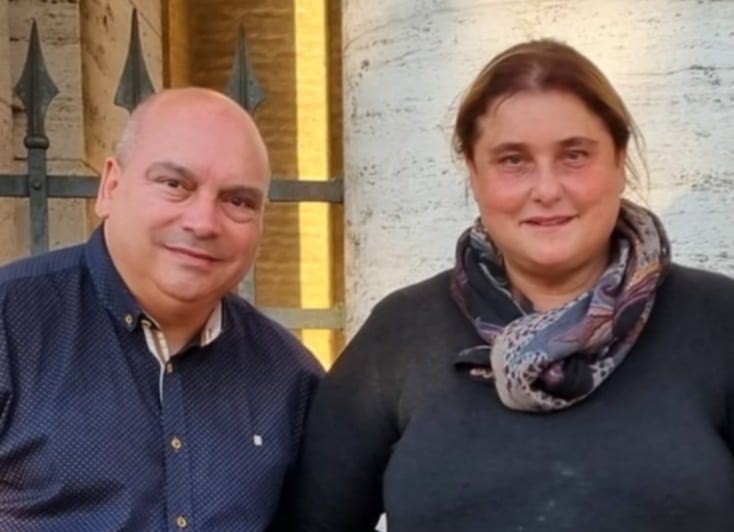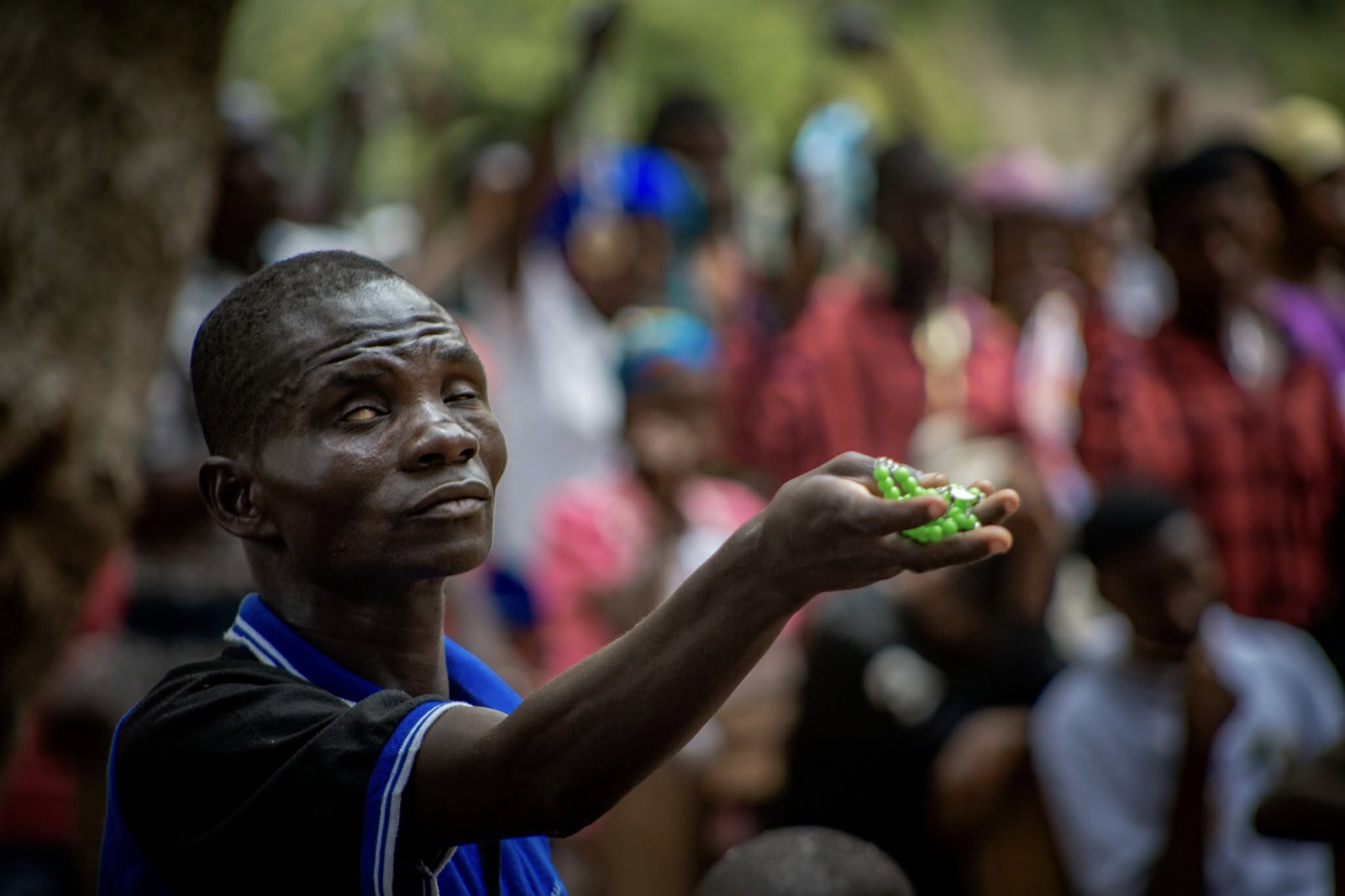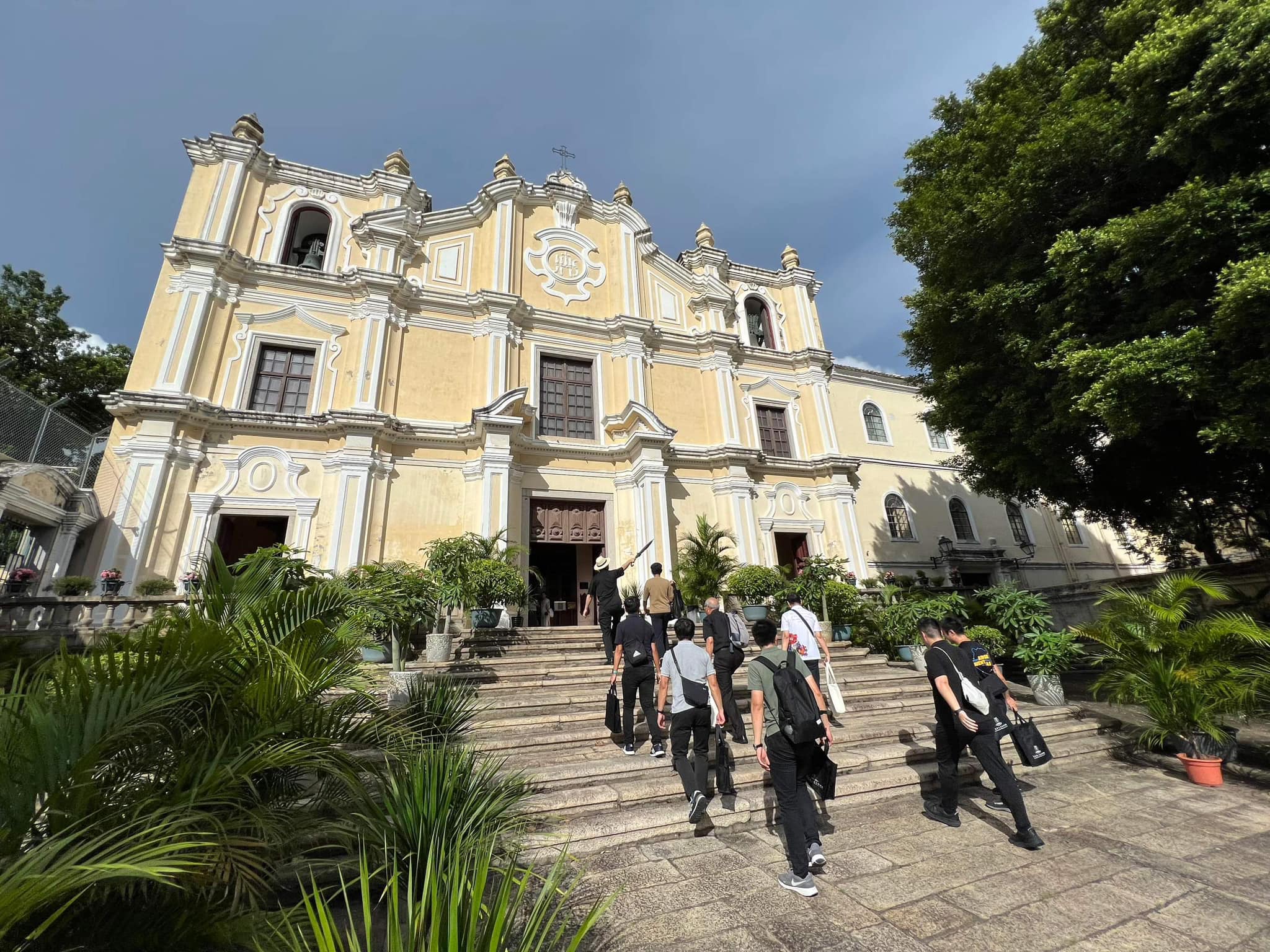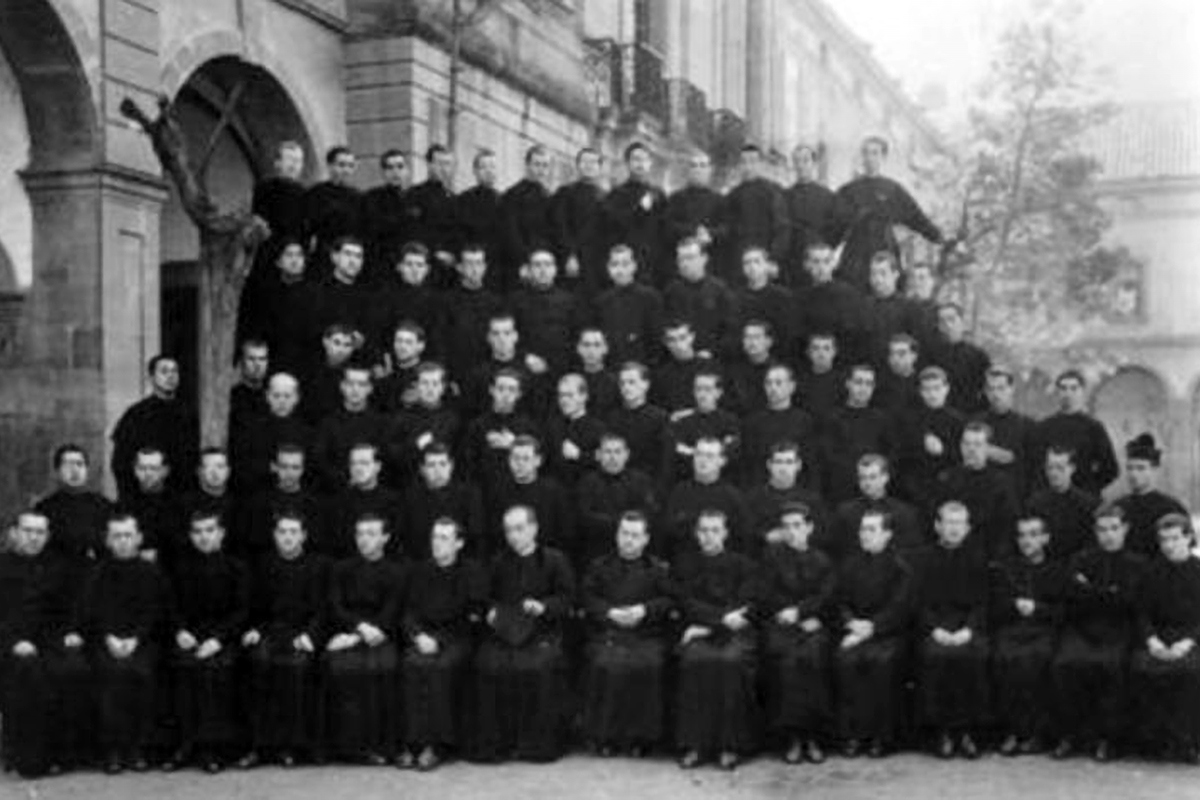Pope Leo XIV proclaimed, earlier this month, the first two saints of his papacy, in a historic ceremony at Saint Peter’s Square, including the first saint of the millennial generation. Carlo Acutis and Pier Giorgio Frassati, two Italian lay young men born nearly a century apart, joined the ranks of Saint Therese of Lisieux and Saint Dominic Savio as saints of the Roman Catholic Church. The Holy Father urged young people around the world to look to the new saints’ testimony of faith as an example. In Portugal, where Saint Carlo’s spiritual legacy is touching more and more hearts, floats bearing the image of the young Italian saint took to the streets of several parishes’ hours after the teenagers’ canonization. António Machado, a deacon who wrote one of the first ever books about Carlo Acutis in the Portuguese language, explains why the Italian teenager, who died of leukemia in 2006, became a mass phenomenon among young people. Acutis, Mr. Machado told “O Clarim”, stands out as beacon of hope and a role model for contemporary Christians.
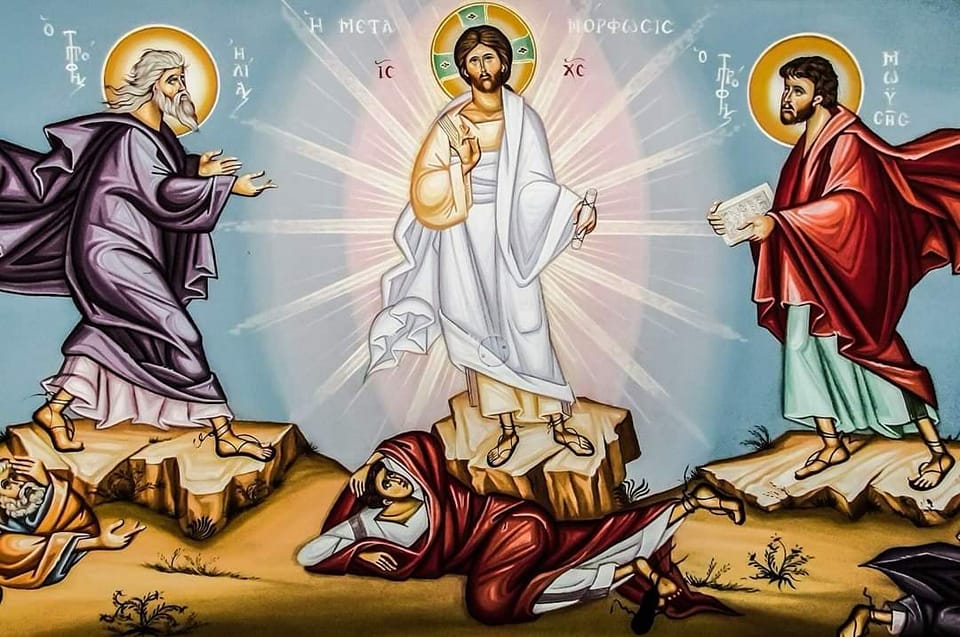

 Follow
Follow

